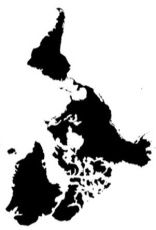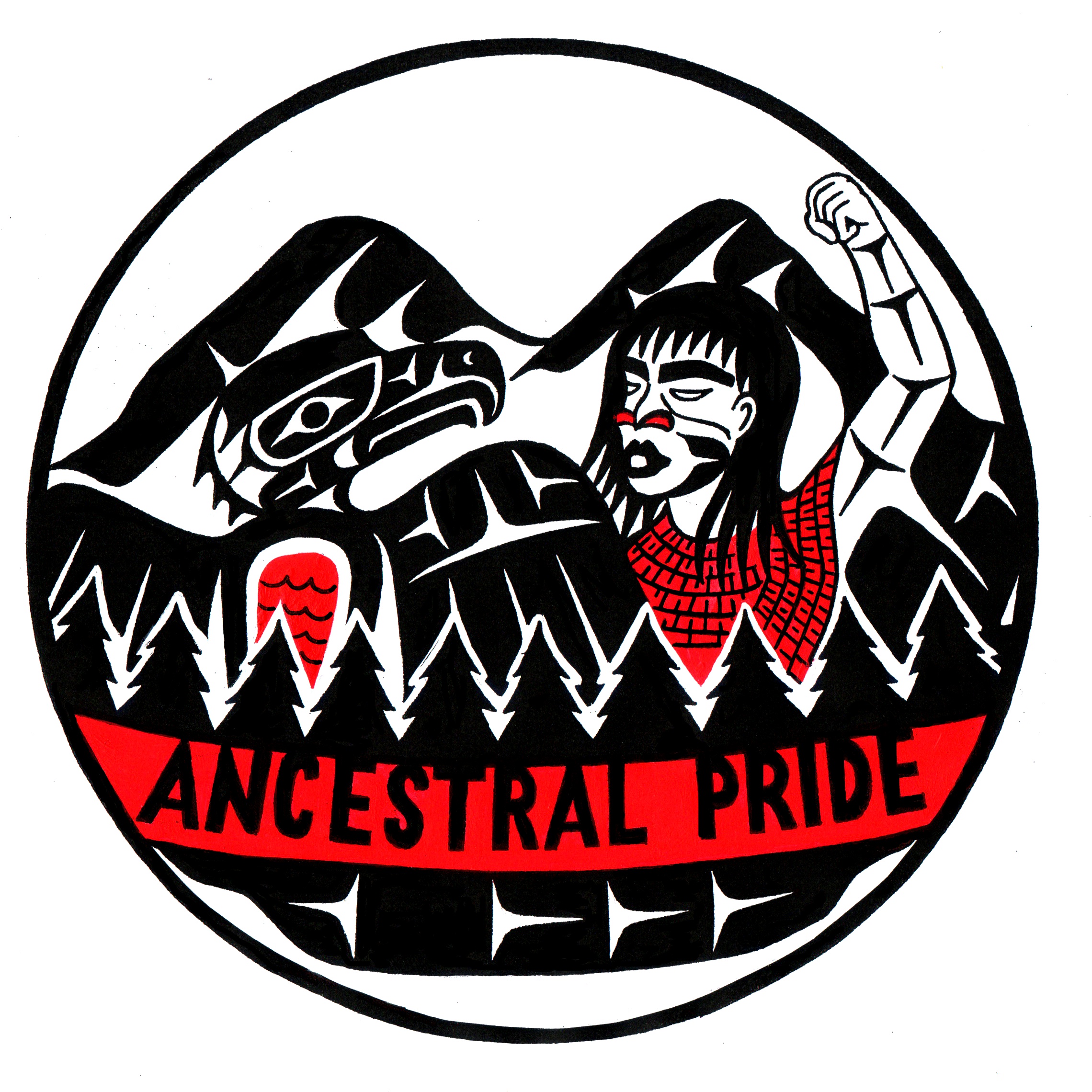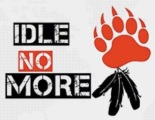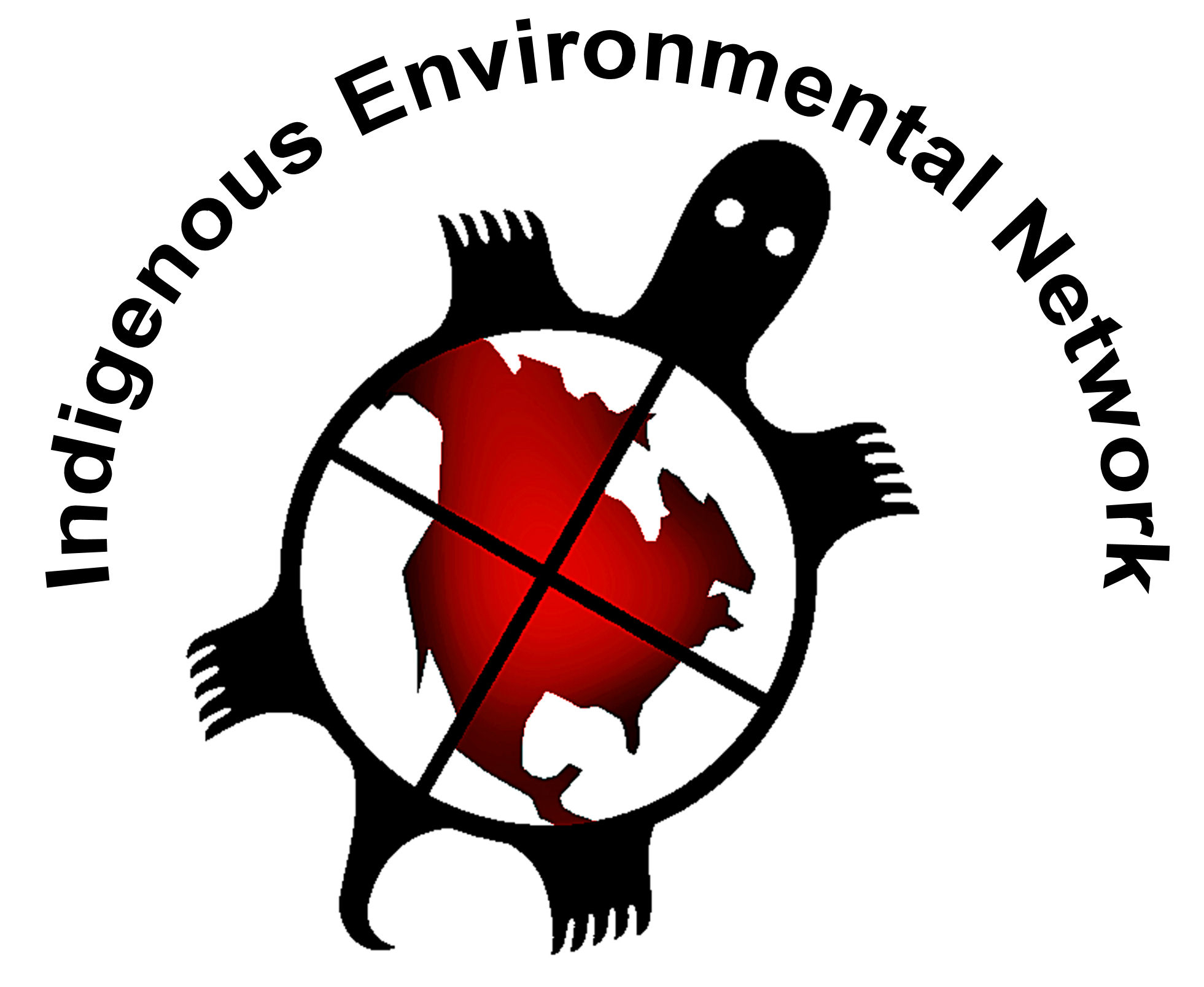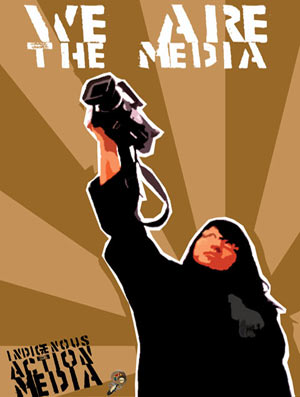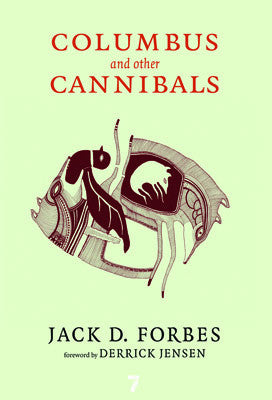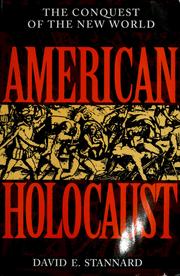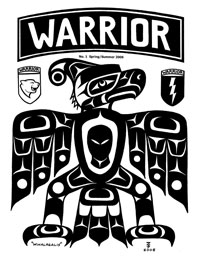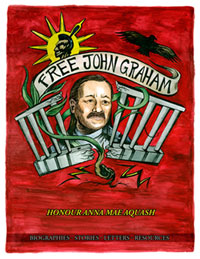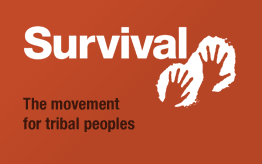By Pegi Eyers, Stone Circle Press
With all the dialogue happening on decolonization today, a reminder on baseline definitions can be helpful, before widening out to other personal/collective interpretations and actions. There are movements happening right now across ethnic and cultural lines (including the dominant white society) that use “decolonization” to describe a wide array of practices. Do we need to re-examine how we use the term? What does “decolonization” mean to you? The following definitions can offer starting points for discussion, and for action going forward.
(1) Break Free
The first and most basic meaning for “decolonization” is when a nation seeks to become free of the oppressor/oppressed regime imposed on them by a colonial power, and to physically and legally undo the colonial state, or Empire, that has dominated their society. Dependency can be transformed to independence through nonviolent revolution, or national liberation wars, and there have been several active periods of decolonization in modern times. For example, the breakup, or dissolution, of the Spanish Empire in the 19th century, the German, Ottoman and Russian Empires following WWI, and the Soviet Union following the October Revolution.
The next profound meaning for “decolonization” is for the colonizer to “de-colonize” – that is, withdraw and leave the lands of the oppressed they have taken by stealth or force. Here in the Americas, there is a justified belief among First Nations that the colonizer (folks of European descent) must return to our lands of origin. So far, there are a few progressive Settlers who are exploring their own removal, yet for the majority this is far beyond our capabilities, or even our desire. Everyday life in the homogenous American or Canadian nation-state does not support this kind of yearning, or any substantial link to a European homeland. And the trail to Europe can grow very cold, if your motherline has been on Turtle Island for over 12 generations. So, if it is impossible to leave the Americas (as much as we want to) it can be helpful for Settlers to think of this directive symbolically, and to ask ourselves what exactly an America or a Canada would look like, if we were able to reduce our Eurocentric imposition, dominance, supremacy and power? And what would a re-indigenized society look like, if First Nations and POC were in the ascendant position?In the face of these realities, we can be grateful for alternative approaches being offered by First Nations leaders such as Robert Lovelace (Tslagi/Algonquin).
“Indigenous peoples and Settlers have our own histories, where those histories have led us, and where the possible futures might lie for us together. Because guess what? We are here and now, and we’re not going to change that fact, but what we can do is change the possible futures that we face.”
To maintain cultural continuity, and to show up for common causes with our diversity intact, the most we can hope for is to practice good intercultural competency skills, tolerance for “the other,” mutual respect, and peaceful co-existence. Throughout human history, these are the elements that have been missing.
For indigenous freedom fighters, scholars and community peoples, decolonization cannot happen until the ancestral lands are returned. As the source of epistomologies, cultural keystone(s), TEK (traditional ecological knowledge), food sources and medicine for good health, the land is deeply embedded in the communal heart and soul. At the root of indigenous community, the priority to care for and protect the land is for the Web of all Life, and the Seven Generations yet to come. In marked contrast, Empire has failed miserably in the protection of pristine ecosystems. Now, all people, including Settlers, who reject the paradigm of endless growth and recognize the value of IK (indigenous knowledge), can support the repatriation of lands to the original Earthkeepers and First Nations of Turtle Island.
In the truest sense of the word, for the recently colonized (indigenous and POC) “decolonization” is not a metaphor. Those in the dominant society are being asked to avoid using “decolonization” to refer to ideas or actions that do not hold indigenous resistance, sovereignty, land restoration, and other repatriations at the center.
As a baseline here in the Americas, for the recently colonized (indigenous and POC) “decolonization” is the active principle that attempts to undo the Settler State on a daily basis, both from within and without. Eurocentric dominance, white supremacy, racism, ethnic cleansing, genocide, slavery, land theft, imposed treaties, broken promises, relocation, forced assimilation, government manipulation, corporate control, psychic violence and all the associated forms of oppression that continue to impact indigenous people and POC in the Americas are identified, confronted, called out, and resisted. One step at a time, and marking the victories along the way, decolonization attempts to undo the colonization of the individual, the community and Earth Community with protest, social justice activism, civil disobedience, education, cultural projects and legal battles.
At the same time that the Settler State is challenged, the necessary recovery and rejuvenation of pre-colonial heritage, language and tradition is taking place, with further preservation of culture ongoing. A focus on health and healing translates into relationships that realign individuals and entire communities with their Original Instructions. The majority of references to “decolonization” by POC and their allies refers to the active principles of resistance and resurgence, and ongoing education that supports and empowers these actions.
The minds of ALL people who navigate within Empire have been occupied, or colonized, by the memes and values of the Settler State. In today’s era of massive change and climate disaster, root causes such as monotheism, imperialism, white superiority, hetero-patriarchy, capitalism, corporatism, resource extraction and binary political systems are rapidly being exposed as outdated frauds. Even if we have learned to thrive within the simulacrum of these human-created systems, the fact remains that Empire is toxic to all life, including our own. The conditioning and domestication we have received over millennia has translated into many artificial beliefs, habits and behaviors. Here is a sampling – what others come to mind?
- Placing human entitlement and humancentric needs above Earth Community,
- a disconnect from nature and the normalization of urbanity,
- control and domination showing up in our own lives with “I” instead of “We” behaviors,
- implicit or overt judgement of people who don’t fit the white cisheteropatriarchy ableist “norm,”
- intense competition and the “cult of the individual” resulting in narcissism linked to low self-esteem,
- a measure of personal value situated on a hierarchy of wealth or class,
- a reliance on consumerism to provide “fulfillment” with fleeting pleasures, experiences and material things,
- developing self-identity from the workplace, commercial enterprises and other disconnects from the real,
- a lack of rites of passage, low emotional IQ and infantile behavior throughout the adult years,
- a fear of the natural cycles of life such as birth, adolescence, aging and death.
The process of neurodecolonization gently challenges the memes of Empire (western thinking) in our individual or collective consciousness, and replaces that ideology or action with pre-colonial, or indigenous thinking. For ourselves, our families and our communities, the move toward life-enhancing and creative patterns, and compassionate and inclusive solutions, can be a life-long process.
The key thing to remember when engaging with the ongoing neurodecolonization of our psyche is that “humans are not fundamentally flawed creatures. That is a myth perpetuated by industrial capitalism in order to naturalize the behavior of violent imperialists. They are the insane.” (Derrick Jensen)
(6) Re-indigenization
Neurodecolonization and the reprogramming of the psyche can naturally lead to an interconnection with the evolving processes of all life, and return us to our essential bio-lineage. We are invited to learn from, and emulate the values of IK systems without indulging in cultural appropriation, and a natural extension of this work is to recover specific indigeneities based on our own ethnoculture, as suggested by Zainab Amadahy.
“If the aim of decolonization is to rid ourselves of colonial mindsets why not centralize our own wisdom traditions when they enable us to think and act in ways that support our communities, including Mother Earth, Our Relations and the Great Spirit?”
Decolonization insists that we understand ourselves as we existed before modern civilization, and that implementing holistic solutions and traditional earth-emergent ways of life are vital to the survival of the human race. In these times of unlimited access to information, reclaiming our own root ancestral heritage(s) or EIK (European Indigenous Knowledge) has become a real possibility. The most exciting movement of our time is underway to Reject Empire and its toxic hegemonies, and to shift toward rewilding, economic alternatives, food sovereignty, spiritually-based ecological wisdom, decolonized community, bioregionalism (if possible), and inclusion in the Sacred Circle of all Life.
To recover our pre-colonial eco-self we must stop taking our cues from the dominant society, and become spontaneously directed by the natural world.
By the time our Ancestors arrived on the shores of Turtle Island, honoring natural law and living in balance with Earth Community had already been outdated concepts for centuries in Europe. They were part of a social organization based on hierarchy and control, and instead of taking their cues from the indigenous civilizations already thriving in the “new world” our Ancestors went on to repeat the colonial pattern. For our generation today, the question remains – what are we going to do about it?Here are a few questions to consider, as we look at how we use the term “decolonization.”
- Where do you see yourself on the decolonization continuum? Do you belong to the historic colonizer Settler Society or the colonized group?
- How can reparations be made to First Nations?
- Are you recovering your connection to a landbase that has nurtured your people for generations?
- Do you center indigenous and POC resistance in your decolonization work?
- How are you educating your own cohort on issues of racism and oppression?
- Do you consider the recovery of your own heritage part of the decolonization process?
- What habits in your thinking, or daily life, can be decolonized?
- How can you dedicate more time to the rewilding of both soul and place, and the protection of wild nature?
At the local level, the popular “acknowledgement of territory” before public events provides a solid foundation for the decolonization of self, family, community and the wider world. After decades of denial and ignorance, the unadorned truth of this “first step” declaration centers indigenous reality, and is integral to the decolonization journey.
“I acknowledge that I am living in the traditional territory of the Mississauga Ojibway, stand in solidarity with First Nations land claim processes, support First Nations sovereignty and cultural recovery efforts, and respect the traditional values of the Curve Lake, Hiawatha and Alderville First Nations.”
Quotes in Order of Appearance
1) Robert Lovelace (Tslagi/Algonquin), “The Architecture of a Decolonized Society: Reindigenizing the Self, Community & Environment,” Kawartha World Issues Centre (KWIC), Trent University, Peterborough, January 18, 2013
2) Derrick Jensen, Deep Green Resistance, comment on social media
3) Zainab Amadahy, “Why Indigenous and Racialized Struggles will Always be Appendixed by the Left,” Unsettling Settlers: Where We Talk about Unsettling Our Settler Selves, August 1, 2012
Resources
Joyce Green and Michael Burton, “12 Steps to a Post-Colonial Future,” Rabble
Pegi Eyers, Ancient Spirit Rising: Reclaiming Your Roots & Restoring Earth Community, Chapter 19 “Rejecting Empire: Re-centering Indigenous Values /The Psyche & Myth-Busting,” Stone Circle Press, 2016
Pegi Eyers, “Rejecting Empire 1” and “Rejecting Empire 2” Academia.edu
Jürgen Werner Kremer and R Jackson-Paton, Ethnoautobiography: Stories and Practices for Unlearning Whiteness, Decolonization, Uncovering Ethnicities, ReVision Publishing, 2013
———
 Pegi Eyers is the author of Ancient Spirit Rising: Reclaiming Your Roots & Restoring Earth Community, an award-winning book that explores strategies for neurodecolonization, social justice, ethnocultural identity, building land-emergent community & resilience in times of massive change.
Pegi Eyers is the author of Ancient Spirit Rising: Reclaiming Your Roots & Restoring Earth Community, an award-winning book that explores strategies for neurodecolonization, social justice, ethnocultural identity, building land-emergent community & resilience in times of massive change.
PURCHASE LINKS
Amazon.com
www.stonecirclepress.com










